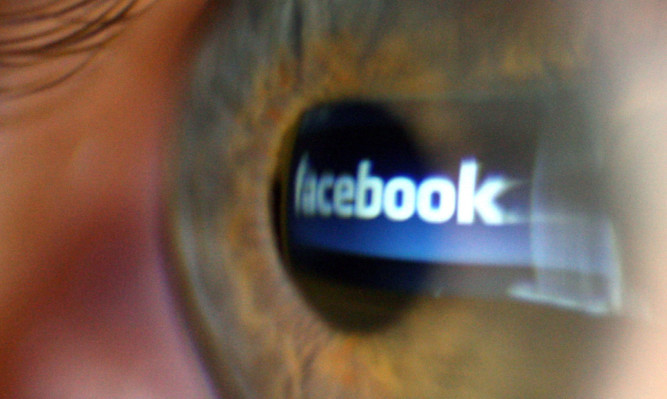Facebook has insisted it is complying with the law despite paying less than £5,000 in UK corporation tax last year.
The social media giant’s UK arm paid just £4,327 in company taxes according to its latest published accounts.
Accounts show that in 2014 the company made an accounting loss of £28.5 million in Britain, after paying out more than £35 million to its 362 staff in a share bonus scheme – worth an average of more than £96,000 for each member of staff.
Facebook said it takes tax obligations seriously and worked closely with officials.
A spokesman said: “We are compliant with UK tax law and in fact all countries where we have employees and offices. We continue to grow our business activities in the UK.”
Facebook’s payment of £4,327 is less than a single UK worker on an average salary of £26,500, who would pay £3,180 in income tax and £2,213 in national insurance contributions.
Globally Facebook made profits of 2.9 billion US dollars (£1.9 billion), on revenue of 12.5 billion US dollars in 2014. UK revenues were £105 million.
Director of the TaxPayers’ Alliance, John O’Connell, said: “Taxpayers will be justifiably confused and angry about this tax bill. But Facebook is right to say that it is complying with UK law which shows that the problem lies with our complex tax code, and that is what politicians should address as a matter of urgency.
“We have to ensure our taxes are simple to eliminate loopholes, and that taxes are low to increase our competitiveness so that companies choose to base themselves here.”
Other global companies have come under fire for tax avoidance including Starbucks, Amazon, Google and Vodafone.
In April Chancellor George Osborne said firms that move their profits overseas to avoid tax will be subject to a “diverted profits tax”.
The so-called “Google Tax” is designed to discourage large companies from diverting profits out of the UK to avoid tax.
Firms such as Apple, Google and Starbucks have all seen their European tax payments criticised for being too low.
Mr Osborne said in April: “Let the message go out – this country’s tolerance for those who will not pay their fair share of taxes has come to an end.”
He added he would be closing tax loopholes that enabled businesses to take account of foreign branches when reclaiming VAT on their overheads.
